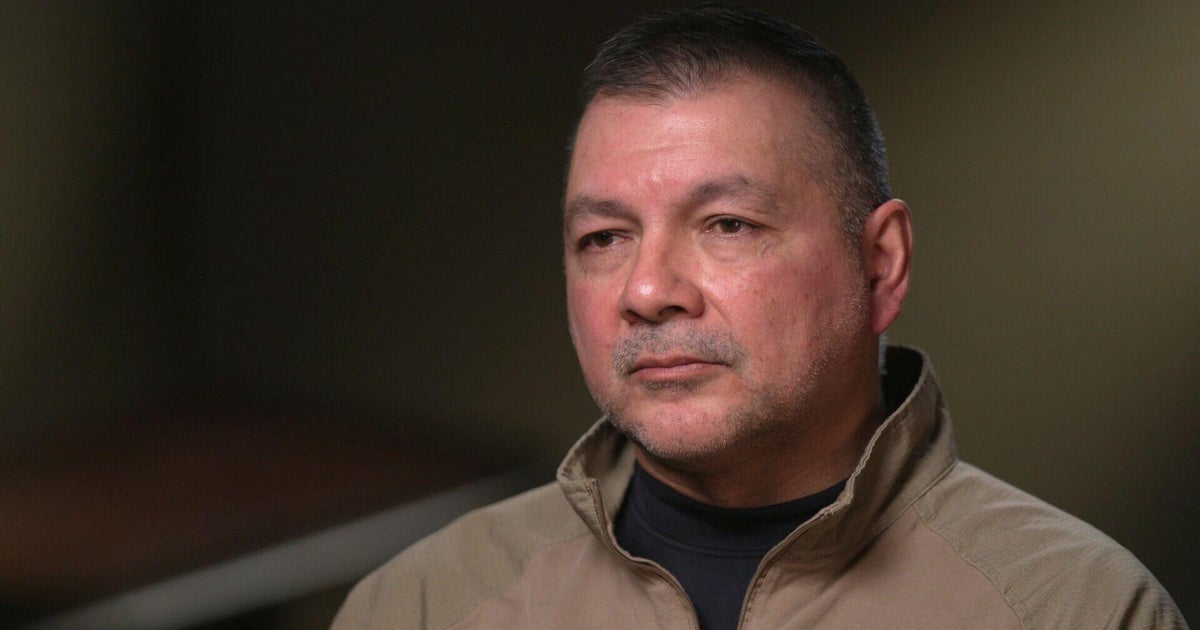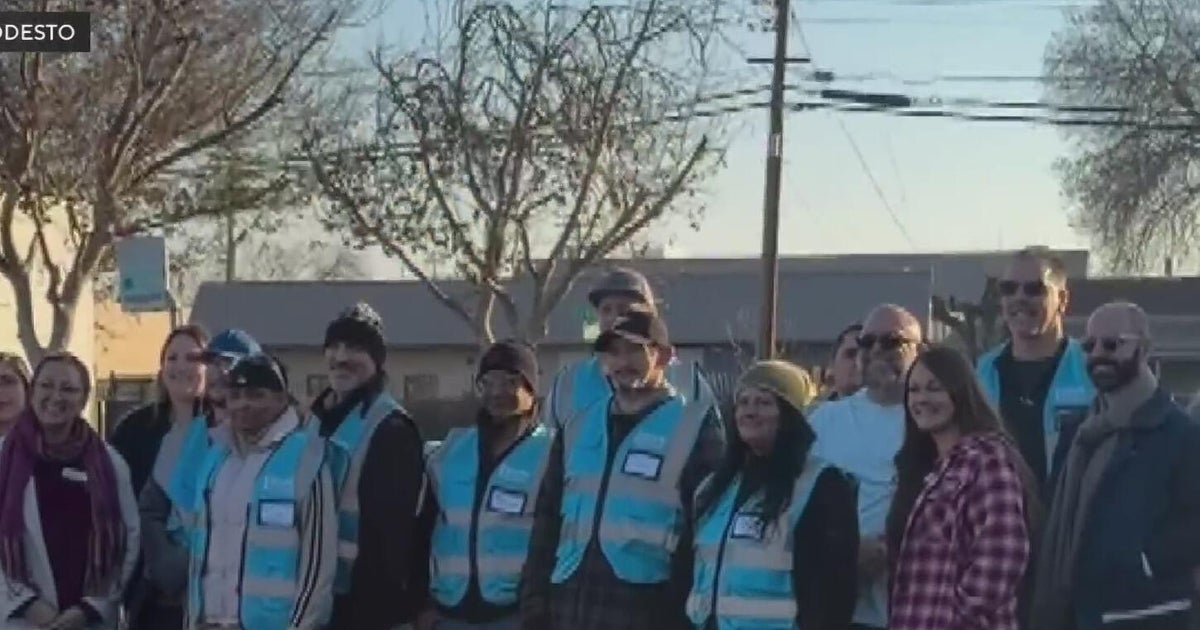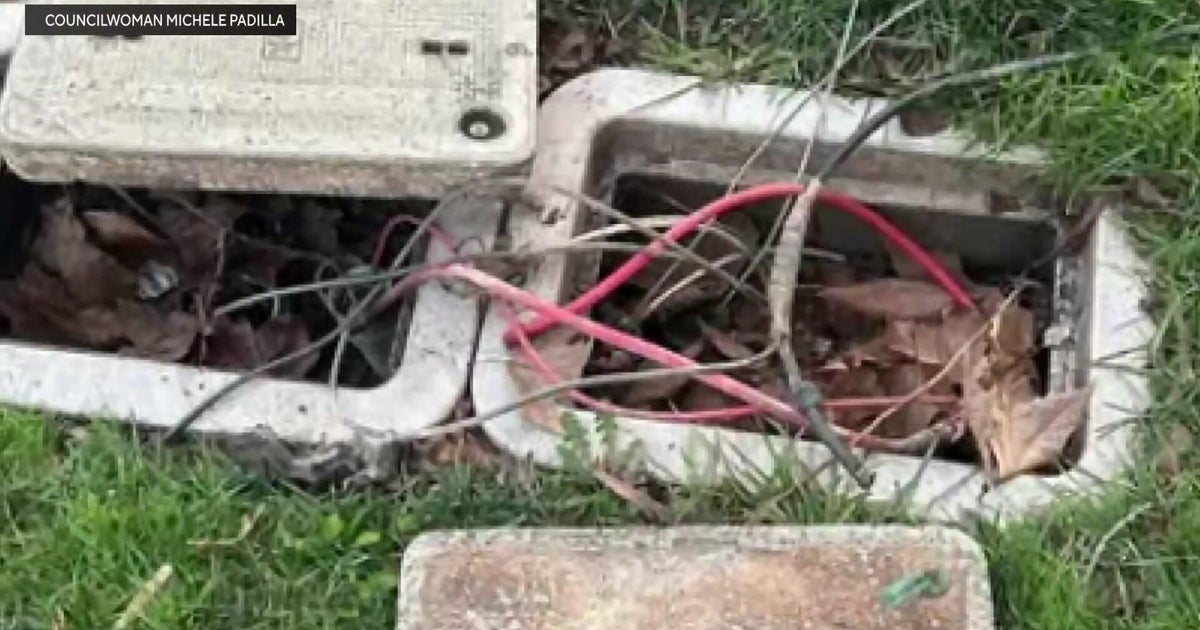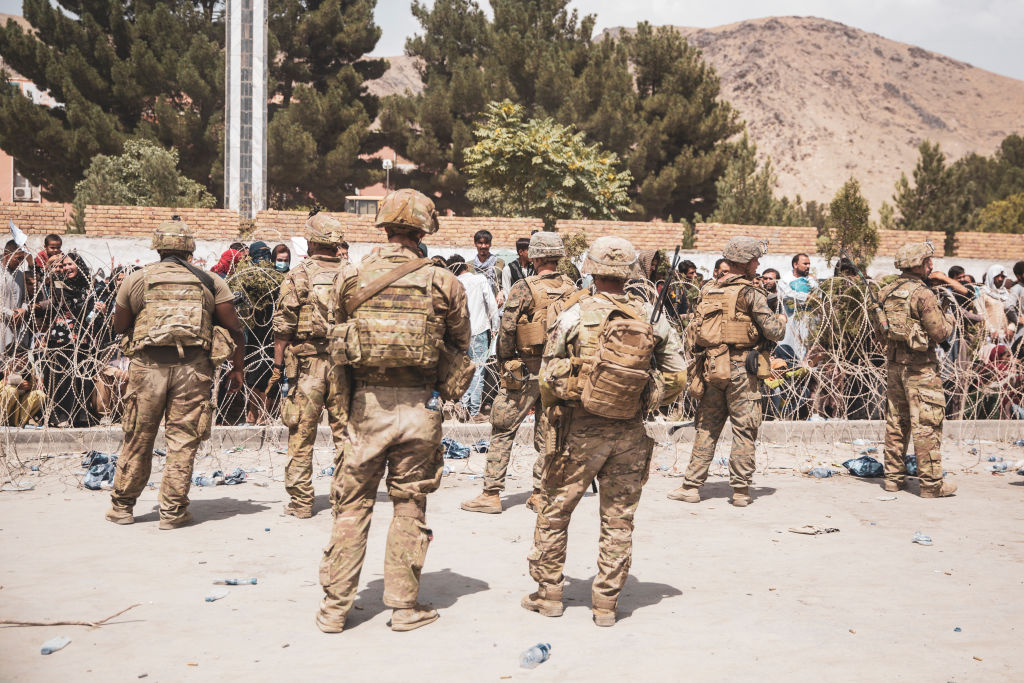"If I get left behind, I will be assassinated:" Afghan translators in grave danger as U.S. troops leave country
Moneer Noori began working as a translator for U.S. troops in Afghanistan in 2009 when he was 18 years old. He said in the years that followed, he joined U.S. special forces in some of the highest-profile missions of the war.
"I'm the most senior linguist in Afghanistan that's left behind," Noori told correspondent Enrique Acevedo over a Zoom interview from Kabul for a report streaming now on 60 Minutes+.
"Our life is threatened every day... because we [have] done a lot of missions," Noori said. "And our face has been seen a lot, and our life is in danger."
Since the war in Afghanistan began in 2001, American soldiers have relied on thousands of Afghan interpreters for their knowledge of language as well as regional traditions and culture. The interpreters became known as the eyes and ears of U.S armed forces, something considered treasonous by some locals.
With U.S. troops withdrawing from the country and the Taliban regaining power, those interpreters have been left defenseless.
Noori first applied for a Special Immigrant Visa (SIV) in 2013, but he said he's been rejected four times. He was told by the State Department that his documents were fraudulent, but was not given a specific example to appeal. 60 Minutes+ asked the State Department about that and the length of time it takes for approval, but no clarification was given. Other SIV applicants said that lack of transparency has been a constant source of frustration.
"There [are]... hundreds and hundreds more special force interpreters left behind. They have the same issues, and I don't want to be left behind," Noori said. "If I get left behind-- I will be assassinated."
Another former interpreter who spent 16 years of service with the U.S. military said that in the four years it took to get his SIV, the Taliban killed his younger brother, father-in-law and two cousins.
At a White House press conference earlier this month, President Biden said he'd work with Congress to accelerate the SIV process. And that he expects to have the interpreters awaiting approval out of Afghanistan by the end of August.
According to a senior Hill source and an NSC notification sent via email from the state department to congressional staffers (excerpts of which CBS News has seen,) the first round of SIV applicants evacuated from Afghanistan will be temporarily housed at Fort Lee, Virginia, while they complete the vetting process.
The initial group will be approximately 2,500 individuals who have completed the SIV security vetting process "and will be able to safely complete the first steps of the SIV process such as medical screening and final administrative requirements."
The State Department estimates more than 18,000 applications are pending approval.
See the full report on 60 Minutes+, streaming now only on Paramount+.





